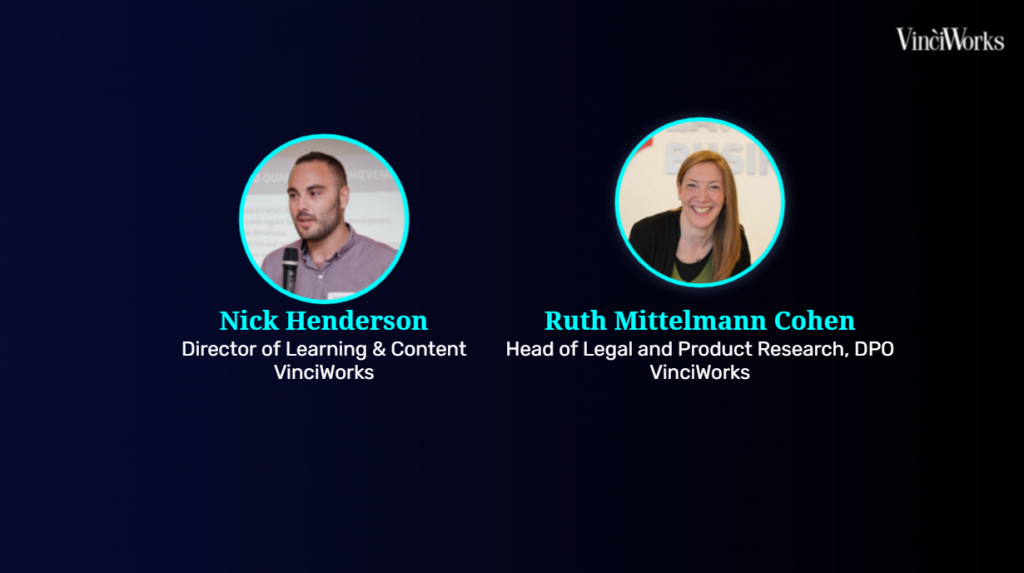All Solicitors Regulation Authority (SRA) regulated firms have an obligation to collect, report and publish data about the diversity make-up of their workforce every two years. The next report is due on 2 August 2021. Firms can report their data to the SRA from 5 July.
What information needs to be collected?
- Employee role
- Age
- Employee sex and the gender they identify with
- Information on any health issues or disabilities
- Ethnicity and religion
- Sexual orientation
- Education and background
- Childcare responsibilities





